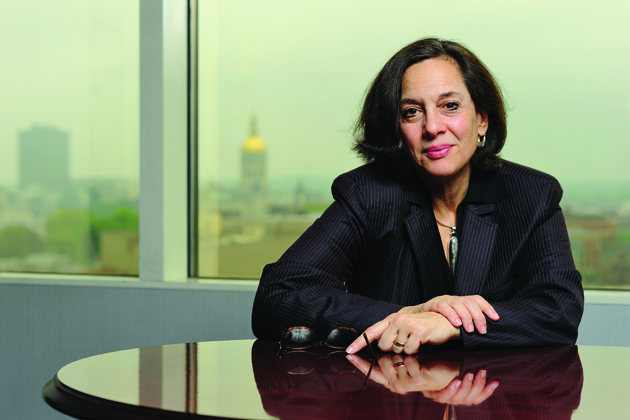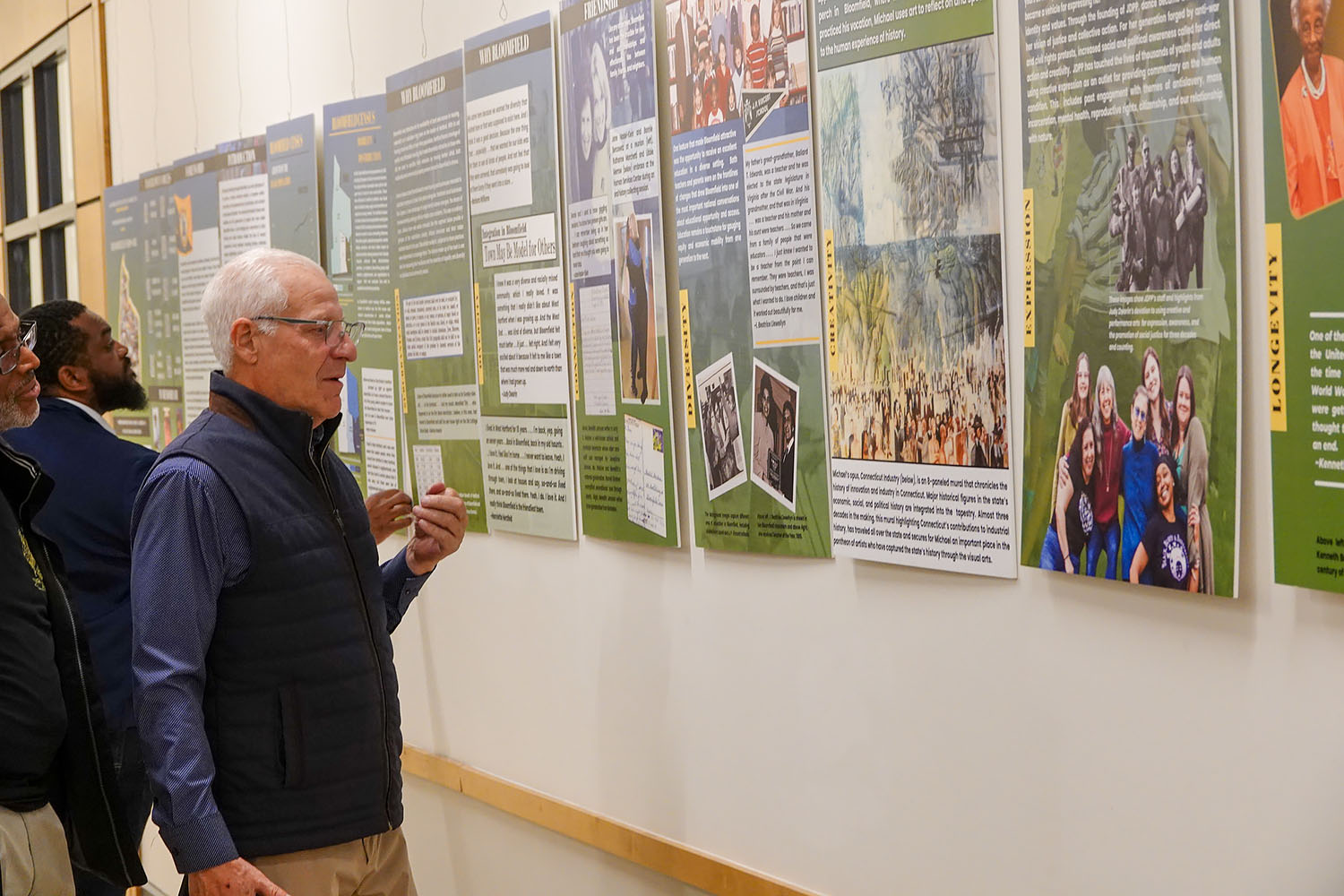
When she was a public defender, Joette Katz ’77 JD represented a man who was charged with killing two children. The man had had a troubled childhood moving in and out of the child welfare system.
“I viewed him as a real failure of our system,” Katz recalls. “I knew by the time I represented him it was too late. Most of the time, these people fall through the cracks; so did this gentleman, but we had records so we could see where things went awry. I always carried that case with me.”
The memory of that case helped lead Katz to a major decision in her life—to resign her position as an associate justice of the Connecticut Supreme Court after 18 years and take on what is considered one of the most difficult jobs in the state—commissioner of the Department of Children and Families (DCF), an agency operating under federal oversight because of its long history of problems.
Katz’s appointment by Gov. Dannel P. Malloy was one of his first major announcements after his election last year. At the time, it was noted that she had no experience leading a large agency beyond her work as administrative judge for the state’s appellate courts. Katz views it as beneficial to tackling the job.
“I don’t pretend to have a magic wand, and I don’t think I’m any better than my predecessors,” she says. “I come at it with a slightly different perspective because I’m an outsider. I can approach something with a fresh perspective. When I talk to people and question them, I get a lot of ‘Well, this is the way we’ve always done it.’ That is the culture, and I’m not wedded to that.”
Since taking on her new role, Katz has barnstormed throughout Connecticut to meet many of the more than 3,000 DCF workers she oversees in offices and facilities throughout the state with an overall budget of $900 million. She has started to reorganize many of the agency’s functions to work more efficiently for their clients. She says she is working her way through each agency issue, and hopes to use the lesson she learned as a justice: Not every issue can be resolved to everyone’s satisfaction.
“I take that experience to this one and realize I’m not going to right every wrong and make everything perfect,” Katz says. “I’m not going to make anything perfect. I’m just going to try and make it better.”



